Population Health News Round-Up: August 2025
JoAnne DyerHealth Equity and Disparities
COVID mortality linked to immigration status: “Undocumented legal status increased the risk of death during the pandemic among immigrants in California,” (AJPH, July 24, 2025)
High suicide rates found among older adults: Globally, suicide rates are highest among adults 65+, and older men have higher rates than older women. (Harvard T.H. Chan School of Public Health, July 22, 2025, citing a study in The Lancet)
Debt takes a toll on health, especially for older people: “[C]arrying unsecured debt is associated with an array of negative health outcomes, including depression and anxiety and other mental health disorders, as well as an elevated risk of hypertension, heart disease, higher mortality, and — owing to the cost of care — forgoing medical help and/or medication.” (Next Avenue, July 31, 2025)
Environmental & Climate Health and Justice
Floods harm older adults disproportionately: Among older adults, floods are associated with increased rates of hospitalization for injuries, skin diseases, epilepsy, and musculoskeletal diseases like arthritis — even long after floodwaters are gone. (Harvard T.H. Chan School of Public Health, July 30, 2025)
Factory farms, air pollution, and who’s most harmed: Animal farms pollute the air. Nearby Latino communities and people who are uninsured are more likely to be exposed, which could increase the risk of ER visits and hospitalization. (Grist, August 15, 2025)
Environmental data is disappearing: As the Trump administration removes data and tools such as EJScreen, researchers are sounding the alarm and scrambling to create backups. (WBUR, August 14, 2025)
Built Environments, Spaces, and Places
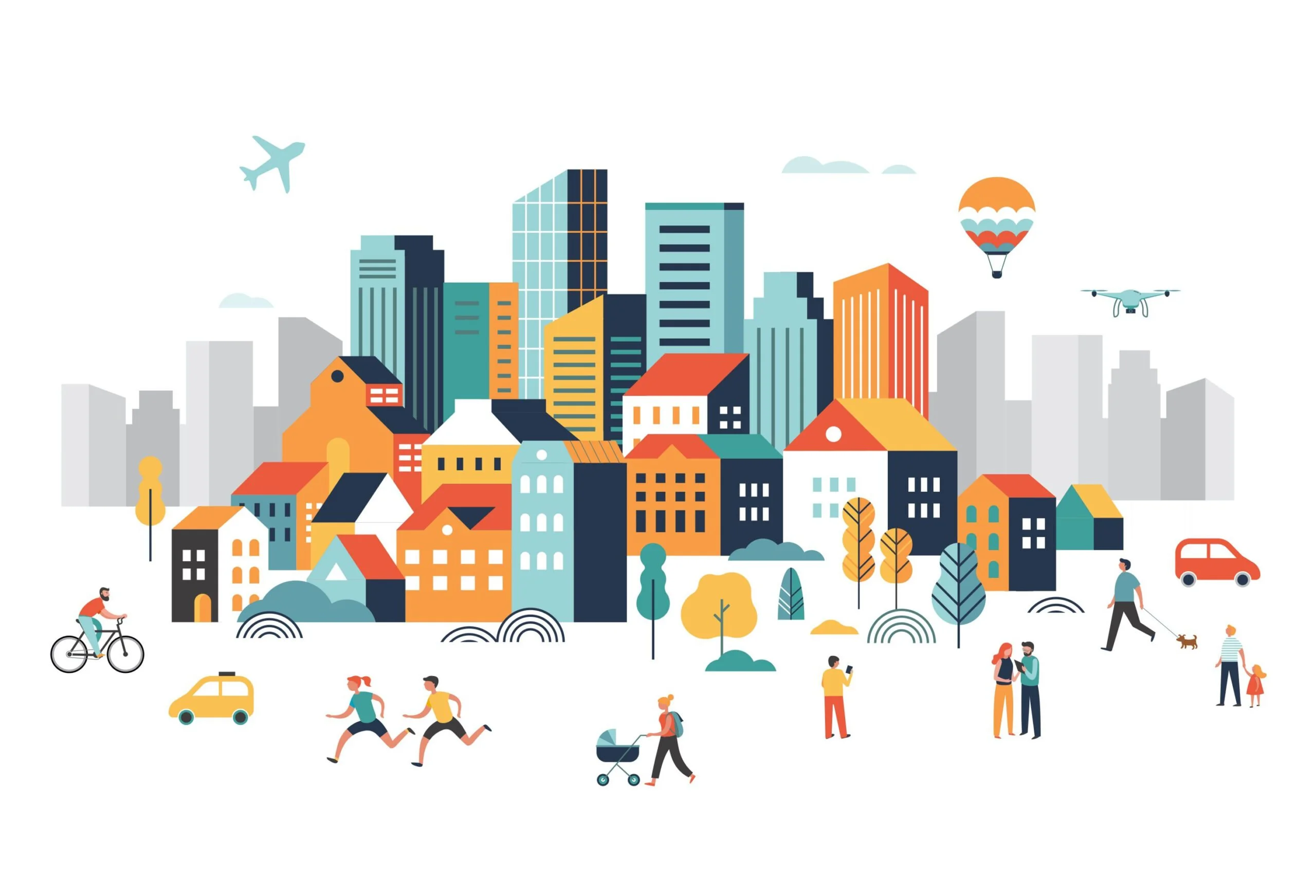
Hotels, homelessness, and ER visits: In Washington State, King County purchased hotels, creating 900 units of housing, including onsite services. Those residents visited the ER and were hospitalized “substantially less.” (The Seattle Times, July 21, 2025)
Trauma-informed design in the built environment: To support well-being, spaces can be designed to enhance safety, peer support, empowerment, and inclusion. Predictable layouts, clear wayfinding, opportunities for choice, sensory management, and other strategies can help. (AHR, July 25, 2025)
In state prisons in NY, suicide rates have doubled: Self-harm and deaths by suicide have increased dramatically in NY prisons since 2024. (Queens Daily Eagle, August 6, 2025)
Policy and Programs
Current mass deportation policies are harming kids: In this study, child care providers reported seeing more fearful and clingy behavior and less ability to sleep or self-regulate in children from immigrant families, regardless of immigration status. (Center for the Study of Social Policy, July 16, 2025)
Food assistance may slow cognitive decline in older adults: “People who participated in the U.S. Supplemental Nutrition Assistance Program (SNAP) had slower cognitive decline over 10 years than those who didn’t participate.” (Alzheimer’s Association International Conference, via press release, July 30, 2025)
Anticipated harm from USAID funding cuts: Boston University School of Public Health is tracking increases in death and disease from the elimination of USAID funding. The tracking tools look at HIV/AIDS, malaria, tuberculosis, and more. Estimated number of deaths per hour: 88. (BUSPH, updated June 26, 2025)
Book Spotlights
In Aging While Black, Raymond A. Jetson reminds us that Black elders are “pillars of ingenuity and wisdom,” encouraging America to focus not on the vulnerability of these communities, but to reimagine their future as leaders and thrivers.
In The Lost Generation of COVID-19, Jatinder Hayre examines how the pandemic, combined with cuts to public services in the UK, exacerbated health disparities and changed health for young people. (Routledge, 2025)

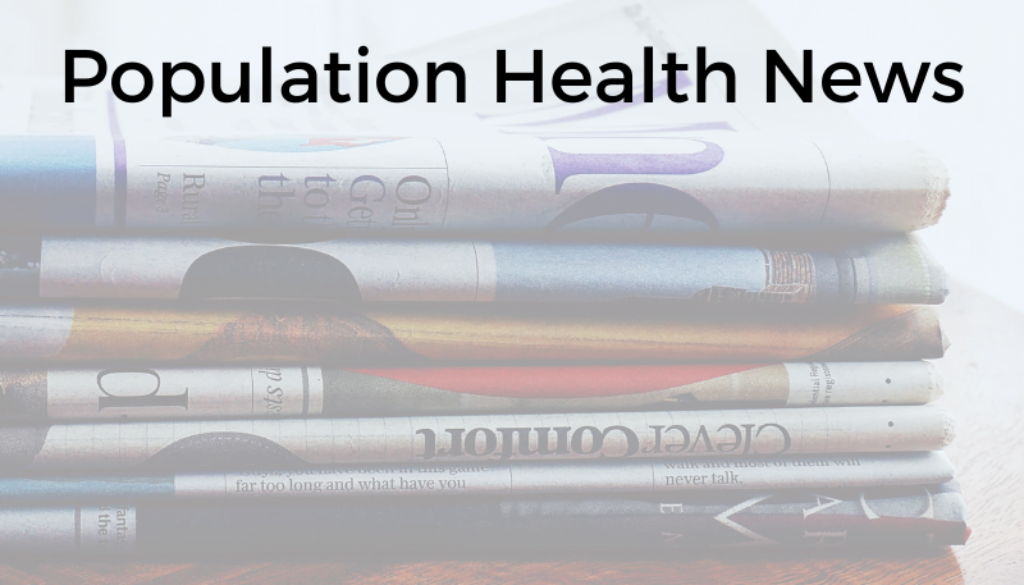
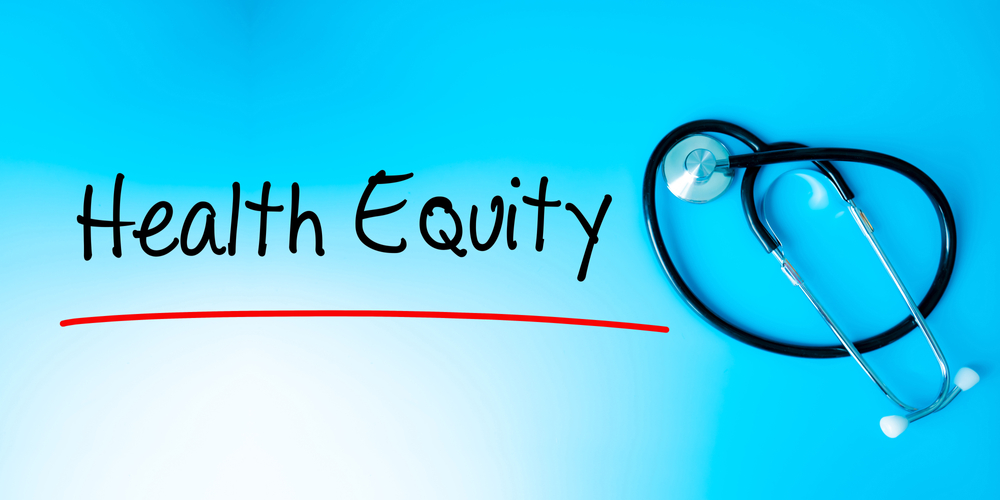

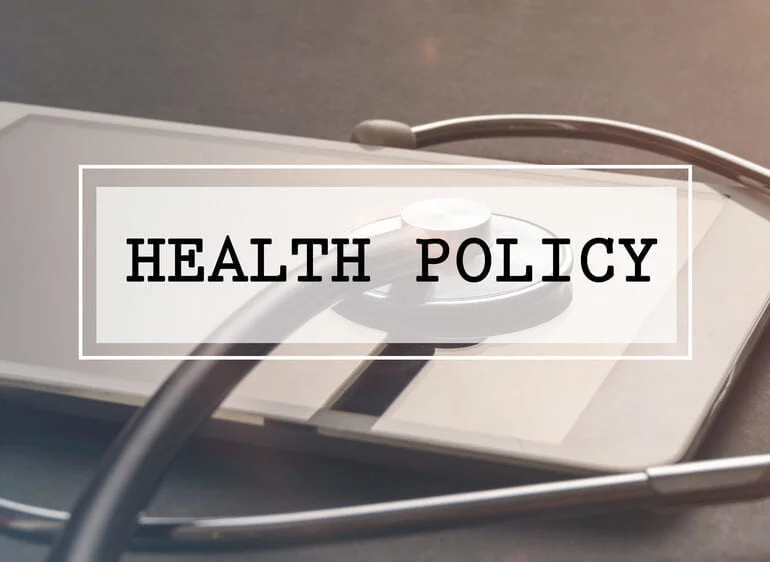



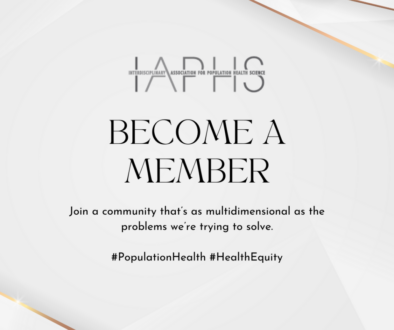

All comments will be reviewed and posted if substantive and of general interest to IAPHS readers.